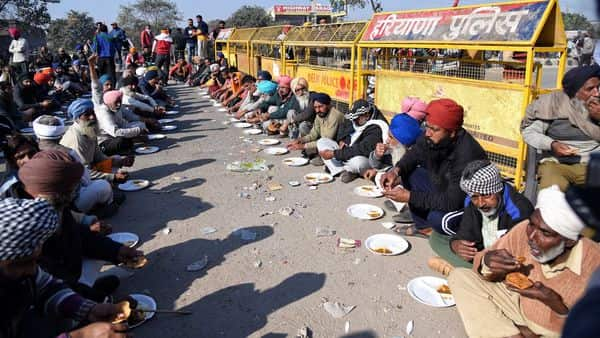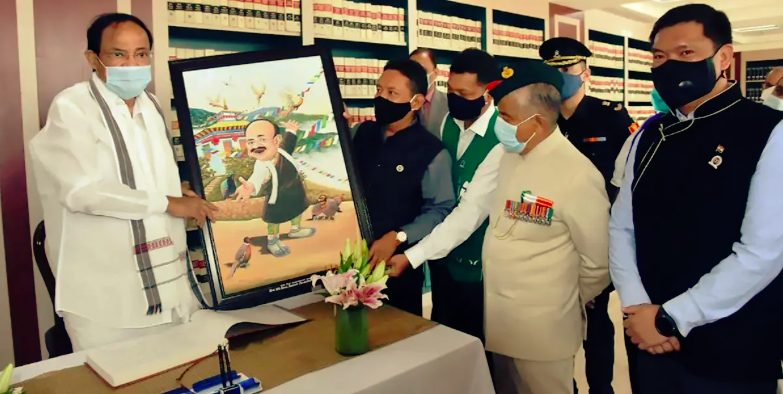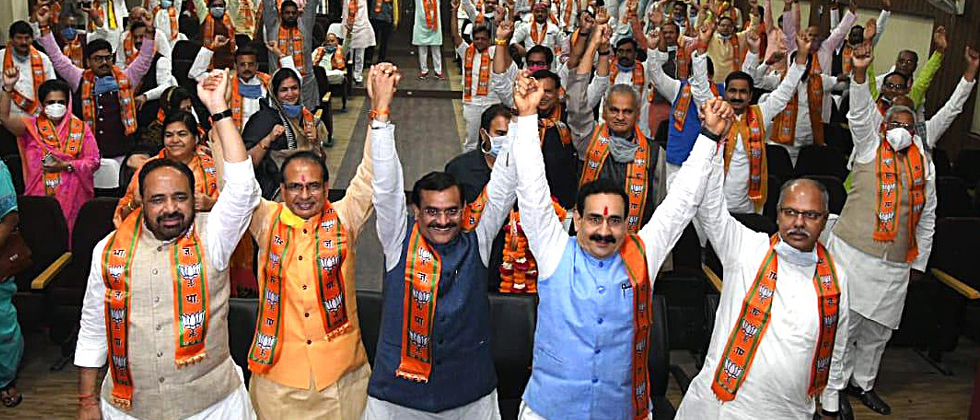The meeting between Indian ministers and representatives of thousands of protesting farmers on Tuesday failed to break a deadlock over a set of new farm law.
India’s vast farm sector contributes nearly 15% of the country’s $2.9 trillion economy and employs around half its 1.3 billion people.
In talks on Tuesday that lasted several hours, Agriculture & Farmers Welfare Minister Narendra Singh Tomar and Trade Minister Piyush Goyal met more than 30 farmers’ representatives, a government official said.
Farm groups say the government was trying to end a decades-old policy of providing them with an assured minimum price for producing staples, such as wheat and rice.
The ministers offered to form an expert committee to look into the grower’s grievances but farm leaders suggested another round of talks, the federal government said in a statement.
Joginder Singh Ugrahan, a prominent farm leader, said that talks failed to make headway.
“While the government was of the view that a committee should be formed to look into the issues raised by farmers, we insisted that the new laws should be repealed. Because of the deadlock, everyone agreed to meet again on Dec. 3,” Ugharan told reporters.
However both sides were set to meet again on Thursday, a farmer leader and the government said.
Growers from India’s big northern farming states have been camped outside Delhi for nearly a week, demonstrating against laws they fear could pave the way for the government to stop buying grain at guaranteed prices, leaving them at the mercy of private buyers.
Prime Minister Narendra Modi’s government has defended the bills enacted in September as a way to rid the vast agriculture sector of antiquated procurement procedures and to allow farmers to sell to institutional buyers and big international retailers.
The protests have intensified since last week when farmers arrived in trucks, buses and tractors at Delhi’s Singhu border with Haryana state and blocked the main northern highway into the capital.









